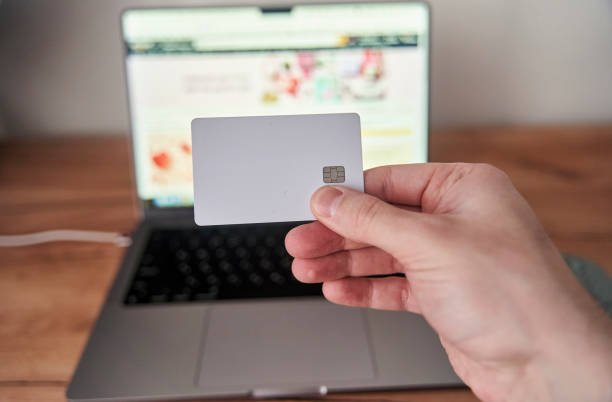Introduction
Traditional paper Digital business cards have been an essential tool for professionals for decades. However, as technology advances, digital business cards are becoming the new standard. With artificial intelligence (AI) and automation playing a pivotal role in reshaping networking, the future of digital business cards is set to be smarter, more efficient, and more sustainable.
The Evolution of Business Cards
Business cards date back to the 17th century when they were used as trade cards or visiting cards. Over time, they evolved into an essential tool for networking and professional branding. However, with increasing concerns about paper waste and inefficiency, digital business cards are emerging as a more effective alternative.
The Rise of Digital Business Cards
Digital business cards have gained popularity due to their convenience and sustainability. Unlike paper cards, they can be shared instantly via QR codes, NFC technology, or email. Additionally, they offer multimedia capabilities, allowing users to include videos, links, and social media profiles.
The Role of AI in Digital Business Cards
AI is transforming digital business cards by making them more intelligent and interactive. Here are some key ways AI is enhancing digital business cards:
Smart Contact Management
AI-powered business cards can automatically organize contacts, categorize them, and even suggest the best time to follow up based on previous interactions. This helps professionals maintain and nurture their networks more effectively.
AI-Powered Personalization
AI can analyze user behavior and preferences to create personalized digital business cards. For example, AI can recommend which information to highlight based on the recipient’s industry, making interactions more relevant and engaging.
Automated Follow-Ups and Networking
With AI, digital business cards can schedule automated follow-up emails, send reminders for upcoming meetings, and even suggest networking opportunities based on shared interests or mutual connections.
How Automation is Revolutionizing Digital Business Cards
Automation is another game-changer in the digital business card industry. Here’s how it is enhancing the efficiency and usability of digital business cards:
Seamless Data Integration
Automated digital business cards can integrate with CRM systems, email platforms, and social media networks, ensuring that contact details are always up to date. This eliminates the hassle of manual data entry and minimizes errors.
Enhanced Security and Verification
Automation can add layers of security to digital business cards by using encryption, blockchain technology, or biometric authentication. This ensures that sensitive information is protected and only accessible to authorized individuals.
Real-Time Updates and Analytics
Unlike paper business cards, digital business cards powered by automation can be updated in real-time. Additionally, users can track interactions, monitor how often their card is viewed, and receive insights on engagement trends.
The Benefits of AI and Automation in Digital Business Cards
The combination of AI and automation offers several advantages for professionals and businesses:
Cost Efficiency
Digital business cards eliminate printing costs and reduce the need for frequent reorders. AI and automation further reduce operational costs by streamlining networking processes.
Eco-Friendliness
With sustainability becoming a global priority, digital business cards help reduce paper waste and carbon footprint. AI-driven solutions can also optimize resource use, making networking more environmentally friendly.
Increased Networking Efficiency
AI and automation enable professionals to manage their contacts more efficiently, personalize interactions, and maintain better relationships with potential clients or partners.
Challenges and Concerns
Despite their advantages, AI-driven digital business cards come with certain challenges:
Privacy and Security Issues
With digitalization comes the risk of data breaches and privacy concerns. Businesses must ensure that digital business cards comply with data protection regulations.
Dependence on Technology
Relying solely on digital business cards may pose challenges if technology fails or if recipients prefer traditional business cards.
Digital Fatigue
As more interactions shift online, some professionals may experience digital fatigue. Striking a balance between digital and in-person networking is crucial.
The Future of Digital Business Cards
The future of digital business cards lies in continuous innovation. AI and automation will continue to refine personalization, security, and efficiency. Features such as augmented reality (AR), voice recognition, and predictive analytics may further enhance how professionals exchange and manage contacts.
Conclusion
AI and automation are set to revolutionize digital business cards, making networking smarter, more efficient, and environmentally friendly. While challenges exist, the benefits far outweigh the drawbacks. As technology continues to evolve, digital business cards will become an indispensable tool for professionals worldwide, shaping the future of networking and business interactions.
